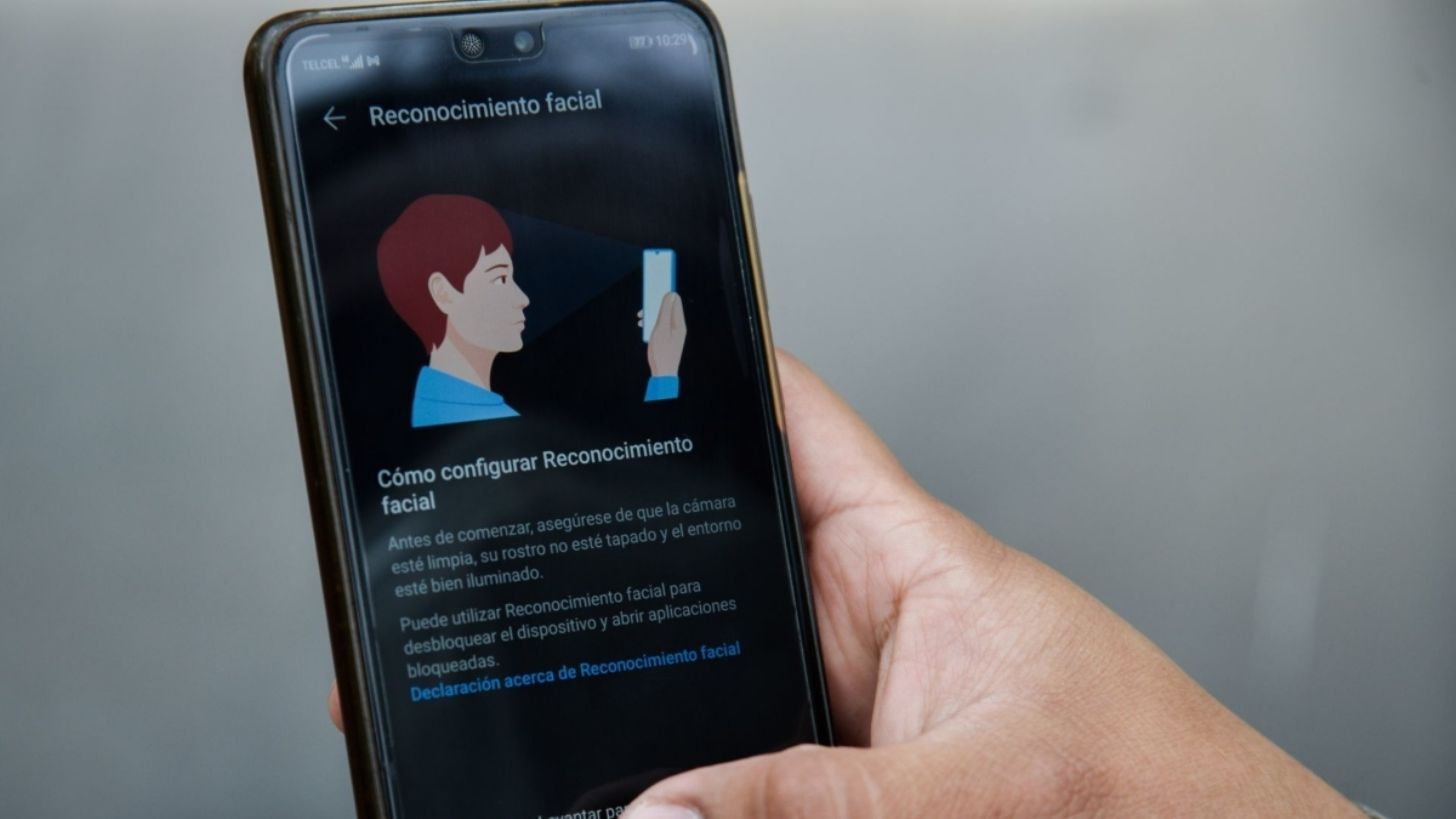One of the most insidious cyber scams, known as SIM swapping, is gaining traction in Argentina and beyond. This method allows criminals to clone a cell phone’s SIM card and seize control of the victim’s phone number. Once this is done, they can breach banking services, social media accounts, and personal platforms to steal money or sensitive information. A common red flag is when your phone suddenly loses service without any apparent reason—it won’t make calls, send messages, or connect to the internet. In many cases, this abrupt disconnection isn’t a technical glitch but the result of an attack.
The process usually starts with criminals acquiring personal data through phishing scams, malware, or social media tracking. With this information in hand, they request a SIM card duplicate in the legitimate owner’s name. Once activated, the number falls into the attacker’s hands, allowing them to intercept verification messages, change passwords, and access sensitive services like online banking or digital payment systems.
The Evolution from Physical SIMs to eSIMs
The rise of eSIM technology as a digital replacement for traditional SIM cards hasn’t halted these fraudulent activities; it has only evolved them further. According to cybersecurity firm ESET warnings highlight that cybercriminals are now targeting devices using eSIM—a digitally activated chip through an app or QR code. Unlike physical SIM cards, this technology enables the entire process without physical contact with the device. If attackers gain access to the activation code, they can transfer the line to another device and take over your number.
This opens up numerous fraud opportunities from bank transfers to identity theft or blackmail scenarios. An F.A.C.C.T report revealed over one hundred attempted attacks within a single financial institution during 2023—indicating that active digital banking customers are prime targets for such scams.
Detecting and Responding Swiftly
Security experts stress early detection as crucial when dealing with such attacks. If your phone suddenly loses signal without any logical explanation—promptly contact your mobile operator to verify if a line duplication has been initiated. The same applies if you receive an activation notification from another device or experience failed bank login attempts.
In case of suspicion concerning unauthorized transactions—the current legislation mandates that issuing entities must reimburse unless negligence or intentional fraud by users can be proven.Several key recommendations can help prevent falling victim:
1.
“Activating two-step verification in WhatsApp”
2.
“Configuring privacy settings on social media platforms”
3.
“Avoiding clicking on suspicious links”
4.
“Using robust and unique passwords for every service”
5.
“Regularly reviewing account recovery methods”
By following these measures diligently—including avoiding public Wi-Fi networks for sensitive operations—you can significantly reduce the risk of falling prey to these sophisticated cybercrimes.









Leave feedback about this